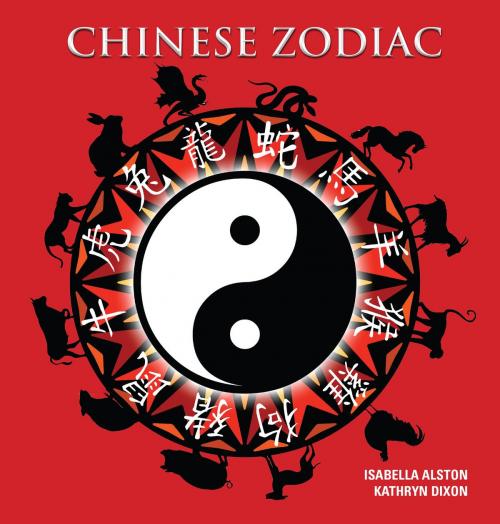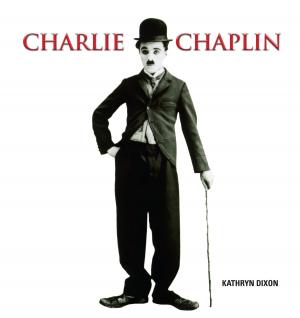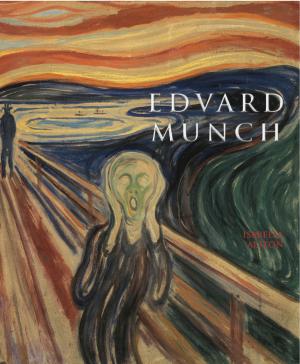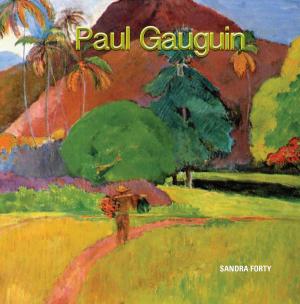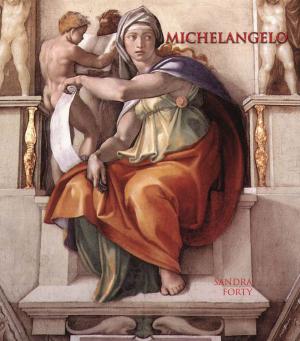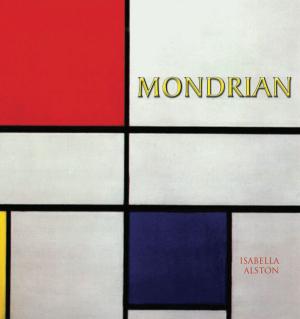Chinese Zodiac
Nonfiction, Religion & Spirituality, Astrology, Art & Architecture, General Art, Art Technique, New Age| Author: | Isabella Alston | ISBN: | 9781844062850 |
| Publisher: | TAJ Books International | Publication: | January 2, 2014 |
| Imprint: | TAJ Books International | Language: | English |
| Author: | Isabella Alston |
| ISBN: | 9781844062850 |
| Publisher: | TAJ Books International |
| Publication: | January 2, 2014 |
| Imprint: | TAJ Books International |
| Language: | English |
The origins of Chinese astrology can be traced to the Han Dynasty (stretching from the second century BC to the AD second century) and evolved in close association to broad Chinese philosophical concepts, most notably Confucianism and Taoism. The system of astrology that developed in the East was consistent with the prevailing religious or spiritual beliefs of the population, which were primarily polytheistic and mythologically based. The Eastern experience contrasts sharply with the Western experience of astrology. The differences between Western astrological principles and Judeo-Christian beliefs may explain why today the Chinese zodiac is more openly accepted in Eastern culture than Western astrology is accepted in Western culture. Chinese time has traditionally been measured in a sixty-year cycle. Each year represents one of the twelve animals in the zodiac, and each animal transitions through the influence of each of the five elements: earth, fire, water, metal, and wood. Symbolizing the interaction of Heaven and Earth are the influences of the ten Heavenly Stems and twelve Earthly Branches. The Chinese zodiac offers another prism through which to better understand yourself and your relationships. Inside this book is a brief introduction to Eastern astrology. Enjoy!
The origins of Chinese astrology can be traced to the Han Dynasty (stretching from the second century BC to the AD second century) and evolved in close association to broad Chinese philosophical concepts, most notably Confucianism and Taoism. The system of astrology that developed in the East was consistent with the prevailing religious or spiritual beliefs of the population, which were primarily polytheistic and mythologically based. The Eastern experience contrasts sharply with the Western experience of astrology. The differences between Western astrological principles and Judeo-Christian beliefs may explain why today the Chinese zodiac is more openly accepted in Eastern culture than Western astrology is accepted in Western culture. Chinese time has traditionally been measured in a sixty-year cycle. Each year represents one of the twelve animals in the zodiac, and each animal transitions through the influence of each of the five elements: earth, fire, water, metal, and wood. Symbolizing the interaction of Heaven and Earth are the influences of the ten Heavenly Stems and twelve Earthly Branches. The Chinese zodiac offers another prism through which to better understand yourself and your relationships. Inside this book is a brief introduction to Eastern astrology. Enjoy!
